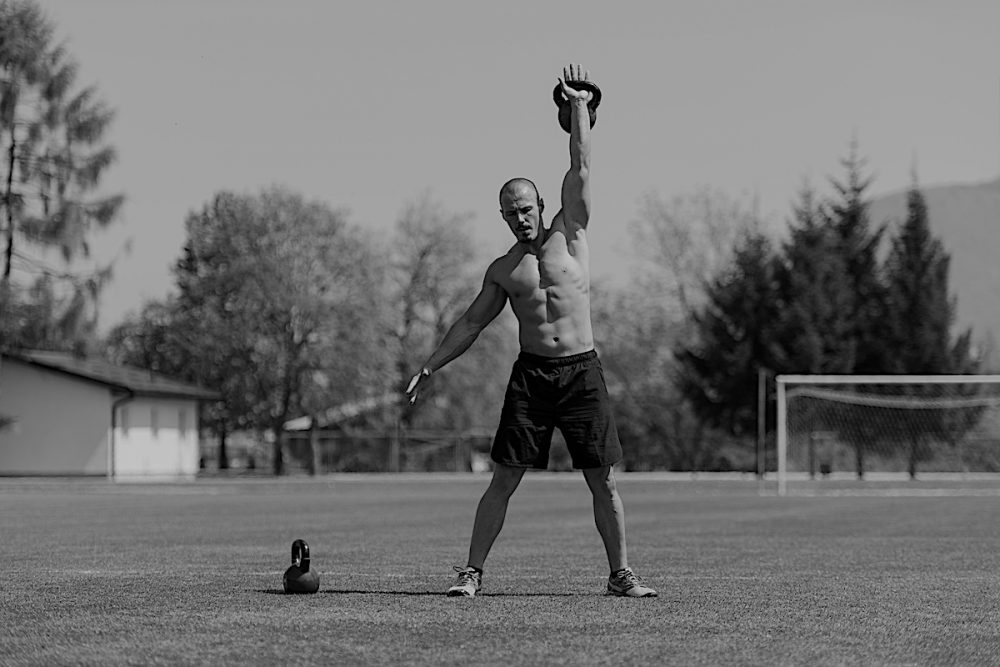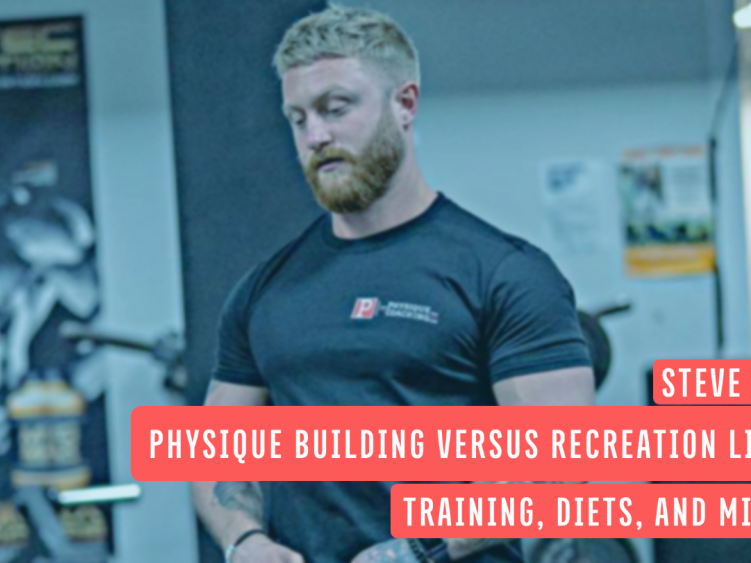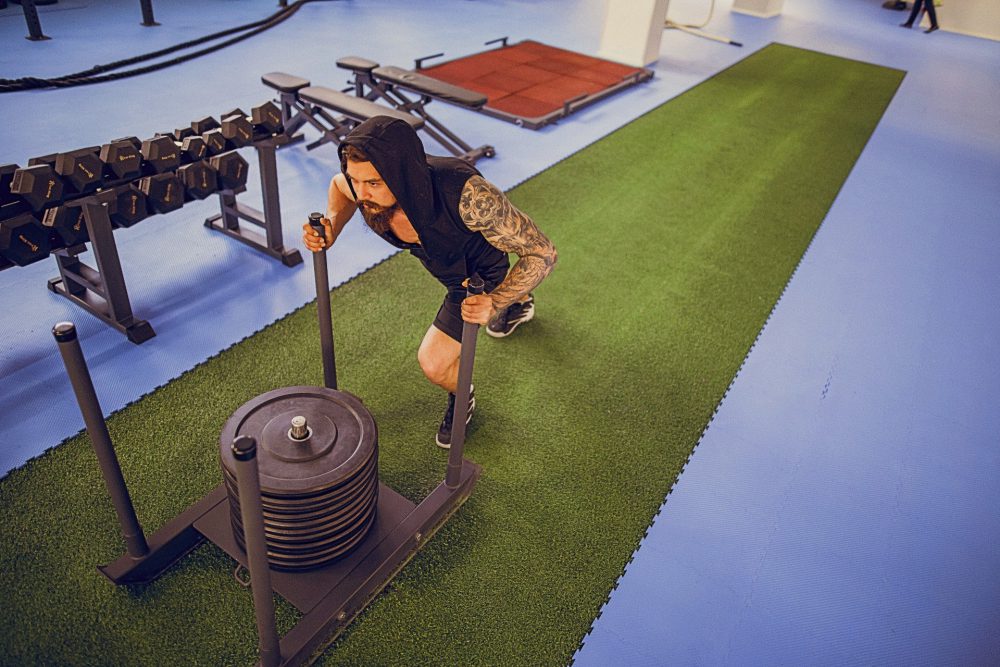In 1914, World Conflict 1 started. The wonderful battle that was to be over by Christmas became the bloodiest 4 years the world had ever seen (up till then, anyway).
In 1914, World Conflict 1 started. The wonderful battle that was to be over by Christmas became the bloodiest 4 years the world had ever seen (up till then, anyway).
In 1918, the Spanish Flu hit, killing about 50 million folks. A testomony to nature’s capability for cruelty, this illness proved most dangerous to youngsters below 5 and younger adults between 20 and 40.
The Twenties introduced a short reprieve for many individuals, however life quickly turned the wrong way up once more when the biggest international despair in historical past hit.
The Nice Despair crashed economies throughout the globe.
In the US, unemployment exceeded 24%, and half the inhabitants lived below the poverty line.
To make issues worse, two years into the despair, America’s Nice Plains area fell below a decade-long drought, the Mud Bowl, which compelled farmers to desert their land in the hunt for higher alternatives.
In 1939, World Conflict II started. About 75 million folks died, and residents throughout the US have been compelled to ration every little thing from fuel to meat to make sure an ample provide for the battle effort.
I may go on concerning the Chilly Conflict, Korea, Vietnam, and obligatory navy conscription, however you get the purpose.
These have been some attempting a long time. The yr 2020 was definitely tough, however in comparison with the 30-year suckfest that our ancestors have been coming into a century in the past, this previous yr has been virtually delicate, usually talking. To not diminish anybody’s trials, however it’s humbling to match our challenges to these of our ancestors.
Residing via the early and mid-twentieth century required a level of toughness, contribution, and fortitude unusual right this moment.
Is Abundance Insulating Us From Happiness?
Nonetheless, I don’t know that we’re completely higher off. Clearly, not having family members die is preferable to the choice, and we don’t need to reinstate a navy draft only for the hell of it.
In lots of respects, it’s a great factor that we will afford to lift youngsters:
- Who can’t run a mile in below 10-minutes
- Who meltdown when requested to mow the garden on a scorching day
- Who assume Instagram posts rely as civic engagement
- Who’re traumatized by microaggressions
We’ve by no means had that possibility earlier than.
However given the excessive stage of angst that characterizes modernity, it’s price contemplating whether or not our snug abundance is insulating us from one thing important to our happiness.
When the sociologist, Glen Elder, checked out longitudinal information on individuals who went via the chaos of the early twentieth Century, he got here to a startling conclusion.
Individuals who confronted their first important adversity of their teenagers and twenties grew stronger.
Whether or not preventing in World Conflict II or leaving their dust-choked farm looking for a brand new life, these nice challenges have been a formative expertise that empowered them all through their lives.
Nonetheless, when folks confronted their first important adversities after age 30, they have been extra more likely to break down as a consequence.
They have been much less resilient and fewer able to rising.
Folks Are Extra Resilient Than You Assume
The implication appears to be that if we wish folks to thrive, we should start step by step constructing their capability for withstanding hardship from a younger age. In a time when sensitivity coaching abounds, maybe we ought to be extra targeted on coaching toughness.
In my upcoming guide, Setting the Bar: Making ready Our Children to Thrive in an Period of Distraction, Dependency, and Entitlement, I argue that the fashionable cultural and youth improvement paradigm has fallen deeply out of stability.
There’s a sense right this moment amongst mother and father, educators, and most adults that their function is to supply and defend infinitely.
Adults are all the time there—chauffeuring, mediating, and patrolling the setting to make sure that it’s as protected as attainable. Mother and father are riddled with guilt concerning the potential traumas they might have invited upon their youngsters and anxious to resolve all of Junior’s issues so he doesn’t must take care of unfairness or damage emotions.
However this ethos is predicated upon a defective presumption of human frailty.
Because the psychologist Dan Gilbert explains in his guide, Stumbling on Happiness:
The Self-Esteem Motion Led to Extra Fragility
After a long time of researching the conceit motion, psychologist Roy Baumeister and his crew discovered that our tradition’s emphasis on exhibiting youngsters unconditional constructive regard was extra more likely to create a way of particular person superiority and entitlement than a golden age of psychological wellness.
As Baumeister and his crew state:1
The vanity motion helped get rid of most of the requirements and social stress that assist societies compel extra fulfilling habits. For instance, rope climbing and bodily requirements have been pushed out of P.E.
Such expectations might need propelled extra college students in the direction of a real sense of confidence and functionality and empowered them to pursue extra bodily pursuits as adults.
Again and again, the well-meaning need to guard children from ever feeling unhealthy about themselves left them much less succesful and extra fragile.
Much more, by main youth to consider that adults ought to be defending their emotions and taking accountability for his or her security, we set up not possible expectations that set children up for future angst.
Expectations Decide Our Response to Adversity
- When folks count on to keep away from hardships, every ache is magnified.
- After they count on to dwell with out ever having to exert themselves, train appears brutal.
- After they count on others to resolve their issues for them, there’s by no means a motive to take accountability and all the time somebody in charge when pains inevitably come.
However, when overcoming adversity is an expectation established early in life, folks thrive even via hardships.
We want stress to develop.
Stress improves us and makes us extra able to overcoming comparable or larger future adversities. This makes us what writer Nassim Taleb has known as Antifragile—not simply resilient like a bulletproof vest, however made stronger by resistance and harmed by its persistent absence.
That is extra the case for people than most species. People have acclimated to an infinite variety of environments as a result of we’re born far much less developed than different mammals. Stressors inform us the best way to develop to thrive.
The hassle to get rid of stressors renders people incapable.
That doesn’t imply that we shouldn’t be cautious of an excessive amount of resistance. There may be nothing useful about automotive wrecks, baby abuse, or persistent stress. A subset of crotchety older males and sports-crazed mother and father have made a mockery of toughness and helped gas our present societal over-correction.
The most effective path all the time lies within the nuance. As with all coaching, there ought to be a development, selection, and relaxation.
Taleb explains this greatest:
The truth that adolescents will nonetheless usually get stronger regardless of trainers who insist on archaic extra is best coaching is a testomony to the ability of puberty and the improbable resilience of our youth.
We are able to face up to so much, and we might must in some unspecified time in the future.
However optimally, we’d stability real look after folks with an understanding that thriving requires toughness. It’s nice to benefit from the luxuries of contemporary residing so long as we even have the knowledge to make hardship a constant characteristic of life.
Toughness Coaching
In 1940, 130 Harvard sophomores have been subjected to the Harvard Treadmill Take a look at as a part of a battery that sought to find out what qualities helped folks dwell higher lives.
Topics have been placed on a steep treadmill at an uncomfortably quick tempo and informed to remain on for 5 minutes. The bulk lasted 4 minutes or much less.
They hypothesized that those that stayed on longer would dwell extra profitable and fulfilling lives.
After monitoring the individuals over the approaching a long time, researchers discovered that the period of time a 20-year-old would spend on a treadmill was a wonderful predictor of their future life success.
Those that lasted longer tended to have higher jobs, higher marriages, higher relationships, much less substance abuse, and, in fact, higher well being.
The capability to face up to bodily discomfort translated to a better high quality of life:
Braveness might come first, however toughness is a detailed second.
Like braveness, toughness is a prerequisite to essentially the most admirable habits. It underlies the self-denial that precedes most fulfilling endeavors.
There are lots of totally different types of toughness, however one of the best place to start out is thru bodily coaching. The bodily world is a microcosm of life, which might train not possible classes via phrases.
A couple of concepts to start coaching toughness right this moment:
- Work out: In case you are already a constant exerciser, add a intestine test exercise as soon as each week or each different week. Should you already do, attempt getting exterior of your consolation zone by attempting one thing arduous and totally different. Should you don’t train persistently, you’ll need to make it simple to start out however commit totally. Train is the place to start out constructing toughness. Because the Harvard Treadmill Take a look at demonstrated, a capability to endure bodily discomfort is a prerequisite of well being and happiness.
- Meditate: Regardless of its fame, there’s nothing more durable than sitting in place with out succumbing to distraction. And meditation has immense advantages starting from higher focus to decrease blood stress and higher psychological well being. I credit score meditation with serving to me overcome a type of OCD known as Pure O.
- Chilly Bathe: Loads of well being advantages, however, most significantly, it builds a psychological edge. When you can begin day by day by willingly coming into the cruel chilly, then you’ll be able to will your self into no matter else you want doing.
- Intermittent Fasting: Starvation was as soon as an inevitable a part of each day residing. It’s a luxurious all the time to have meals round. Choose a day every week the place you prolong the time between final night time’s dinner and right this moment’s first meal. Shoot for 17 hours. This could have as soon as appeared not possible to me, however now I routinely work out in a fasted state, and most days, I solely eat two meals—lunch and dinner.
Justin Lind and I’ve begun holding bi-annual 48-hour fasts for our IHD Membership group. The IHD Membership is a bunch for folks involved in self-development and dedicated to making a structured pursuit of higher residing practices.
We can be kicking it off with one other 48 hour quick this July.
And for extra particular suggestions for coaching and assessing the totally different toughness elements, I’ve put collectively a battery of assessments.
No matter whether or not you soar into these challenges otherwise you take a extra average strategy, the purpose is to do not forget that we’d like a little bit discomfort to thrive. It’s time all of us do not forget that toughness is a advantage.
By committing to cultivating it, we will improve our lives and our communities.
Reference:
1. Baumeister, Roy F., Jennifer D. Campbell, Joachim I. Krueger, and Kathleen D. Vohs. “Does Excessive Self-Esteem Trigger Higher Efficiency, Interpersonal Success, Happiness, or More healthy Life?” Psychological Science within the Public Curiosity 4, no. 1 (Could 2003): 1–44.

















